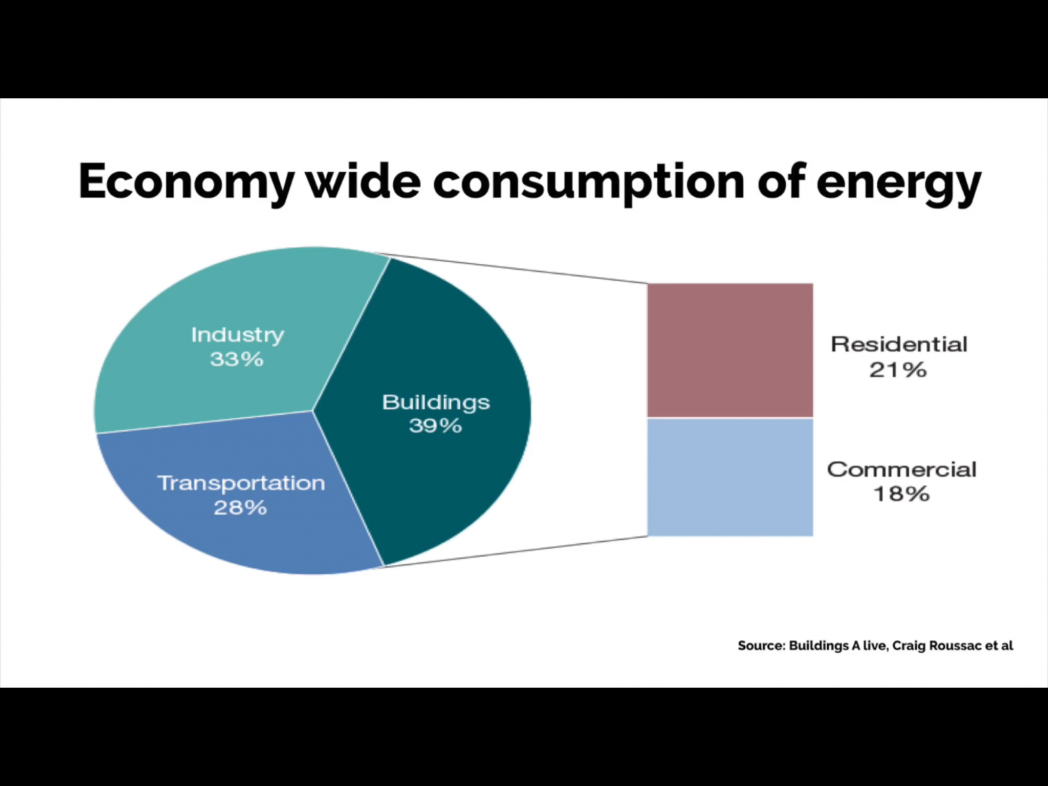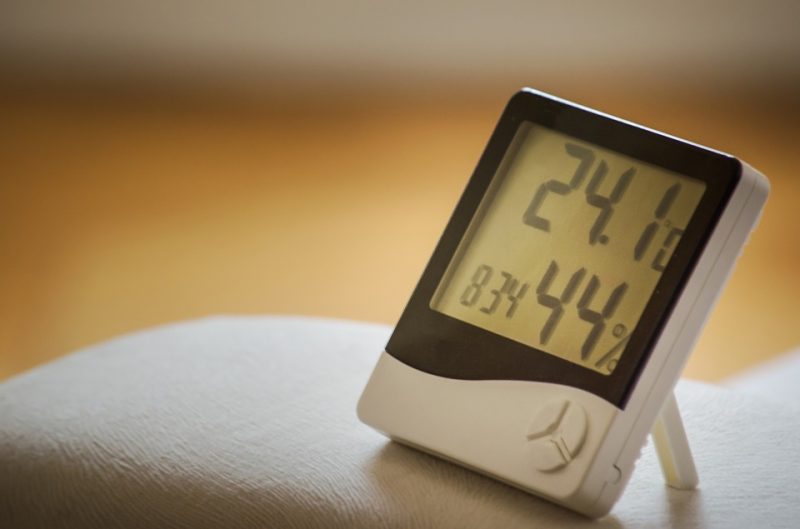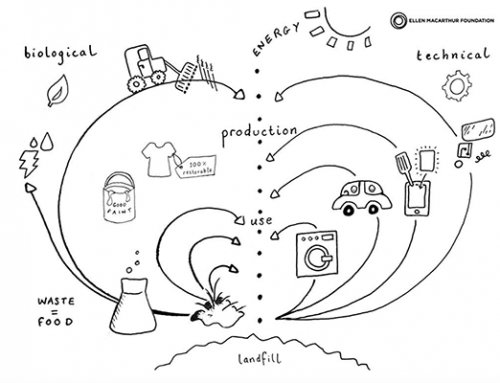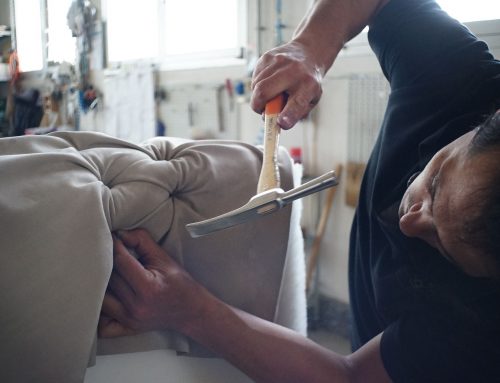Have you ever experienced that strong temperature leaps? How annoying is to be melting in a hotel room in the wintertime or freezing in a shopping center in the summertime?
That’s because the majority of the public buildings and private offices have a default temperature of 22 degrees Celsius. This standard value was set by the Americans in the 1950s, and it’s been that way ever since. Even when the buildings are equipped with adaptable air conditioning, many people have the bad habit of setting the temperature too high during winter and too low during summer.
We would like to promote some golden rules for a healthy, cost-efficient and environmentally friendly usage of the air conditioning.
- Temperature no lower than 25 degrees during summertime
- Temperature no higher than 19 degrees during wintertime
- Position the air conditioning so that the air flow can be homogeneously spread in the room
- Ensure the room has an adequate level of humidification and the air conditioning filters are regularly checked
In particular in rooms like offices, shared by many people, it is impossible to make everybody happy and the temperature setting might cause arguments among colleagues.
The point is that the thermal comfort level of a human being depends on whether they’re male or female, what age they are, whether they’re tall, short, fat or skinny. Well, the office dress code could also play a role in this discrepancy: while men are often required to wear long-sleeve shirts and suits, women have some more flexibility in deciding how many layers to wear.
Anyway, exposing the body to low temperatures and, in particular, to sudden leaps is very unhealthy and can cause sickness as pharyngitis, cold, fever, muscular issues, headache, etc.
Therefore, it’s better to be more respectful and moderate when it comes to temperature setting in shared rooms.
In addition, according to Tony Crabb, Savills national head of research, “by shifting to a 19 to 25 world Australian businesses could save $100 million and 300,000 tonnes of carbon every year”.
Mr. Crabb worked with engineer Craig Roussac, founder of energy efficiency consultancy Buildings Alive, to come to the $100 million figure by matching years worth of data on individual buildings with Savills’ figures on commercial property space.

Sources: news.com.au article and Tony Crabb TEDx presentation *
It means that a wrong temperature setting, unnecessarily too high or too low, apart from being unhealthy and for someone even unpleasant, it’s costing the economy billions of dollars and pumping hundreds of thousands of tonnes of unnecessary CO2 into the atmosphere.
Do you agree with our suggestions? If so, go for them! How? For example…
- Start adjusting the heating/cooling system in your home. Obviously you don’t have to start as of tomorrow with the proposed limits of 19 or 25 degrees, you can also see them as a target and let your body progressively get used to them. And don’t get scared by the 19 degrees in winter, instead be aware that many scientific studies recommend a room temperature between 15 to 20 degrees Celsius as the ideal temperture for sleeping**. Therefore, most likely, you are going to feel good and, considering that at the same time you’re also saving money on the bills and reducing emissions, that’s simply great.
- Propose to your colleagues a gradual adjustment of the temperature in the office. If it’s necessary in order to be more persuasive, refer them to this article.
- Report a complaint in the hotels or public buildings when the temperature is unnecessarily too high or too low. Don’t feel bad about it: if you paid for a service (like an hotel room) you expect to be feeling pleasant and, in general, remember that you’re doing it for all the good reasons explained above. Ultimately, you’re “spreading awareness” and not only “complaining”.
… Do you have more ideas? Share them with us and with the other readers.



![Ecosia it! [4min. reading time]](https://www.habits.ninja/wp-content/uploads/ecosia-logo-500x383.png)











